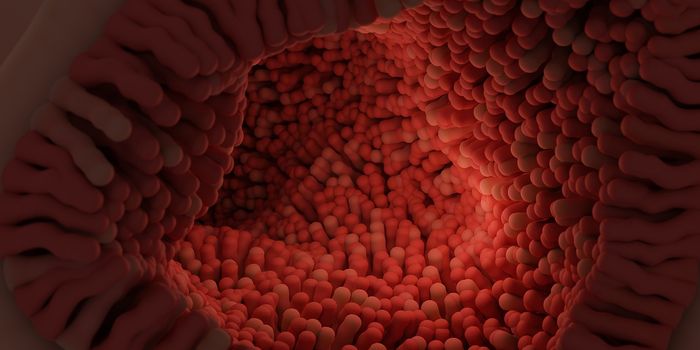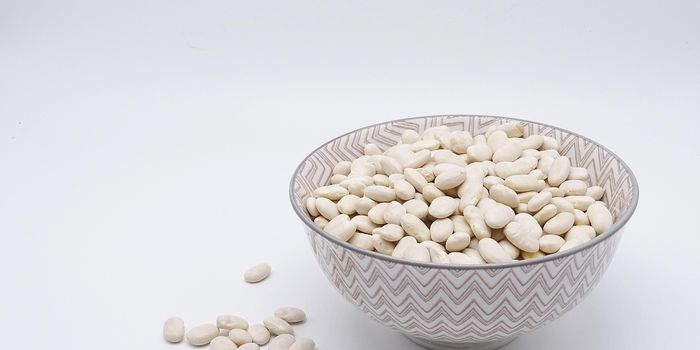A High-Protein Diet Seems to Change the Microbiome & Activate Immunity
The microbiome has a powerful influence on human well-being and disease. It might also be a useful way to approach disease treatment. First, however, researchers have to develop an understanding of how many factors in the diet can affect gut microbes. They are making progress. New work reported in Nature Communications has shown that diets that are rich in protein can alter the gut microbiome, which triggers an immune response.
"Our ultimate aim is to understand how we can manipulate the bacteria to optimize health, and we know that one of the easiest ways to change the microbiota is to change the diet," noted corresponding study author Laurence Macia, an Associate Professor at the University of Sydney.
While scientists have been investigating the relationship between the gut and diet, the analysis has often focused on fiber intake.
In this study, the researchers used a mouse model to examine how ten different diets with varied levels of proteins, carbohydrates, and fats, changed the microbiome. This work showed that high-protein diets can alter the activity of the gut microbiome.
When mice were fed a diet high in protein, the production of extracellular vesicles increased in gut bacteria. Those vesicles typically contain proteins and DNA molecules. When they were released into the gut, the immune system of the mice reacted to them, drawing immune cells to the gut wall to battle that threat.
"Here we found protein had a huge impact on the gut microbiota and it was not so much about the type of bacteria that were there, but the type of activity. In essence, we discovered a new way of communication between the gut bacteria and the host which was mediated by protein," said Macia.
While we don't know whether these findings would be true in people as well, the study authors suggested that immune activation may be good, but it can also be bad for the host.
"By increasing antibodies in the gut you may see strong protection against potential pathogens, for example salmonella, but on the downside, an activated immune system could mean you are at increased risk of colitis, an inflammatory bowel disease, or autoimmune conditions like Crohn's," explained lead study author and postdoctoral researcher Jian Tan, PhD.
Because there appears to be higher rates of chronic disease in the world today, but lower rates of gastrointestinal infection compared to other times, these findings may indeed hold true for humans.
Sources: University of Sydney, Nature Communications









